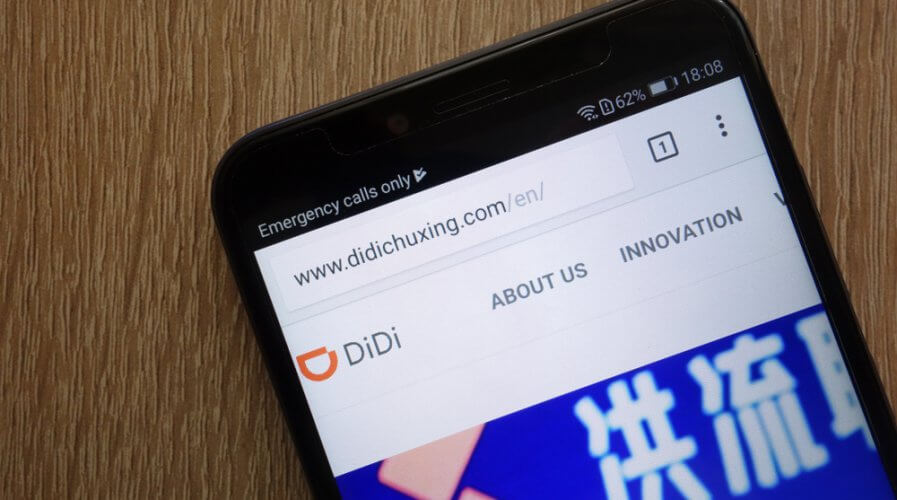
Didi sets up new services platform. Source: Shutterstock
Didi aims to develop comprehensive automotive ecosystem
TODAY’S automotive industry is quite different from the one that existed maybe a decade ago. And in coming years, it is set to rapidly transform further.
People don’t just buy cars these days, they buy solutions – and they need support to keep the engine running. Take a battery-powered car, for example, it needs power stations. An electric car, on the other hand, needs a different kind of maintenance.
Tomorrow, as driverless cars arrive, the needs of consumers will be different. In fact, as consumers are slowly moving away from investing in cars and relying on ride-hailing solutions instead, the future is expected to be quite different – and companies are beginning to prepare for it.
Didi Chuxing, China’s largest ride-hailing service, for example, is investing US$1 billion in its auto services business in order to transform it into a comprehensive automotive ecosystem, a one-stop-shop for the automotive needs of all customers.
Didi, which started the car services operations in 2015, buit it out based on the experience of the drivers serving its ride-hailing platform.
“Building on our service to 30 million Didi drivers, we will strive to develop a leading one-stop auto solutions platform capable of winning the highest trust of car users,” said Kevin Chen, Xiaoju Automobile Solutions’ General Manager.
Chen is expected to report directly to Didi’s President, Jean Liu Qing.
Didi’s services business, which includes auto leasing, car maintenance, and gas station services, will be consolidated under new business Xiaoju Automobile Solutions Co. So far, the services business has a gross merchandise value (GMV) sales of 60 billion yuan (US$8.79 billion).
Didi, the parent company, is preparing for an IPO and according to Reuters, there are plans to spin it off from Didi’s main business before a potential listing.
Didi expects Xiaoju’s annualized sales to exceed 90 billion yuan ($13.17 billion) by the end of 2018, and it is currently operating in 257 cities with roughly 7,500 partners and distributors.
The ride-hailing firm has also invested heavily in expanding its core business outside its home market.
Uber left China in 2016, and since then, Didi been actively engaging with the Southeast Asian, Brazilan, Mexican, and Australian by either investing in local partners or launching their own services.
READ MORE
- Ethical AI: The renewed importance of safeguarding data and customer privacy in Generative AI applications
- How Japan balances AI-driven opportunities with cybersecurity needs
- Deploying SASE: Benchmarking your approach
- Insurance everywhere all at once: the digital transformation of the APAC insurance industry
- Google parent Alphabet eyes HubSpot: A potential acquisition shaping the future of CRM




